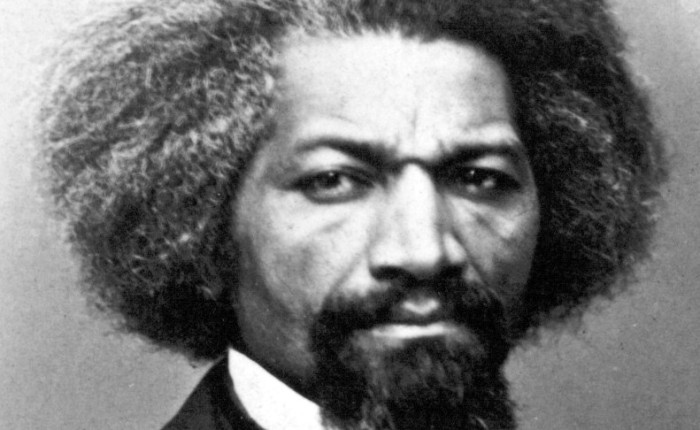A crumbling road winds toward the city. Cars line the way, bumper to bumper. A large gate can be seen in the distance – a Checkpoint. A once-successful disheveled businessman drives up to the window. He looks tired and scared. He is in heated conversation with the attendant at the window, vehemently demanding to be let through.
“You’ve been banned,” the voice says sternly.
“Banned?” What do you mean “banned?”
“I’ve lived here my entire life!”
“Sorry, sir. It’s the law.”
“But this is my home!”
“This is where I grew up…It’s where I met my wife; it’s where I got my first job, raised my kids…you can’t! You just can’t!”
“We can,” the voice replies coldly.
“Then I would rather die.”
“That’s your business,” says the emotionless voice.
“Do you have no humanity?”
“None,” says the voice. “It’s humanity that’s the problem. That’s why you’re being banned.”
“What do you mean?”
“Don’t you watch the news?”
“What? What’s the news got to do with anything?”
“The planet is burning. Creatures are dying”
“What’s that got to do with me?”
“According to our records, you’ve done some business in Brazil.”
“That was years ago! I haven’t set foot there since the 90’s!”
“And yet the damage can’t be undone,” the voice says solemnly.
“I’m just one man. One! What damage can one man do?”
“I think we both know the answer to that, sir.”
“I want to see for myself. Show me the numbers!” the man barks.
“Sorry sir, but I can’t do that,” the voice says mechanically.
“And why not?”
“We’d be here all day and there are others in line.”
“Screw the others!” the man blurts out angrily.
“That’s precisely the attitude that got you banned,” the attendant chides.
“What? You’re profiling people for their attitudes now?”
“Attitudes and behaviors are strongly linked as you well know, sir.”
“This is ridiculous!”
“Yes, it is,” says the voice. “It’s ridiculous that you thought you would get away with it.”
“You say that like I’m some sort of criminal.”
“Well, aren’t you?”
“Definitely not. Everything I did was by the book – perfectly legal.”
“For reasons that should be obvious to you by now, we don’t abide by human laws, sir.”
“Well you should! It’s the only thing that keeps civilization running!”
“That’s the problem.”
“What?”
“Civilization. It’s been running too well. Growing too fast. Leaving disaster in its wake. That’s why you’ve been banned.”
“Well, what am I supposed to do now?”
“That’s none of my business.”
“Isn’t it?!”
“No,” the voice says, sternly. “You humans had your chance. Your species got too greedy, too arrogant. You thought the world was made for you – that you could pilfer and plunder it forever with no regard for others. Now you must pay the price.”
“I see,” the man says slowly, looking powerless and defeated.
“Sir, you’re not the first, and you won’t be the last. I just can’t allow you to stay here.”
“Where am I supposed to go? What should I do? It isn’t too late to make things right, is it?”
“It says here you’ve been ordered by the court to serve time in the Amazon. Government-issued supplies will find you there – just the necessities, nothing more.”
“For how long?”
“As long as it takes for you to unlearn your human education.”
“When will I be able to see my family?” asked the exasperated man.
“Once you’ve paid your debt to the natural world.”
“This can’t be happening…”
“I assure you that it is happening,” said the voice calmly.
“I see,” the man said, looking forlorn. He froze in the car, feeling the full weight of the charges against him. As the future opened before him like a void, he tried to recall the past. He remembered his childhood; his many happy excursions into the woods; the half-forgotten feelings of wonder and connectedness which burned inside him – now resurrected painfully in the pit of his stomach. He thought of his job, his children, his wife – of everything that connected him to his long-forgotten crime. He tried to remember the day he had crossed that unforgivable line. How long ago had it been?
“The line.”
“What?” the man asks vaguely.
“You’re holding up the line,” the attendant repeats.
The man sat for a minute in a haze, then turned his car around, driving slowly to the dark, foreboding building that lay in the distance, well outside the city limits. He didn’t dare try to drive past. He knew that he’d be found. He had no choice but to turn himself in. As he approached the station, the police were waiting for him.







